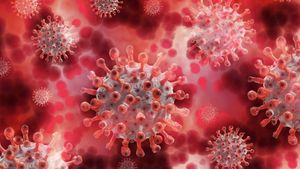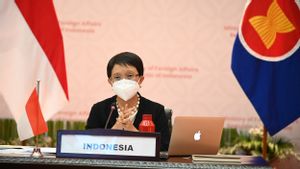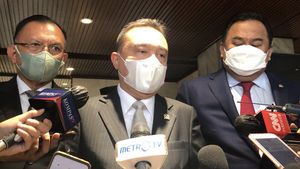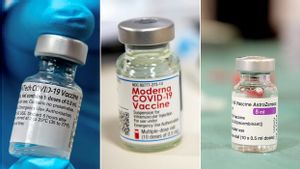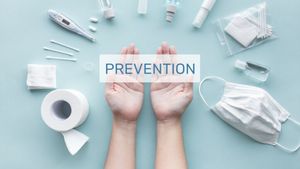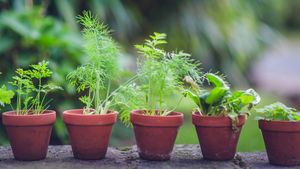JAKARTA - 38 countries have reportedly detected the incoming Omicron variant. But the good news is that early research says the Omicron is no more dangerous than the Delta variant that ravaged the world.
The Delta variant was first discovered in India. In an instant, this variant spread to all corners of the world. Indonesia is one of them.
Because of this variant, PPKM rules are also issued. The blockage is everywhere. Health workers fall. Not to mention the positive cases and the terrible death toll.
So what about Omicron.
Reporting from Channel News Asia citing AFP news, Tuesday, December 7, top US scientist Anthony Fauci showed the Omicron was no worse than the previous type. Even this infectious disease expert said the symptoms could be milder.
It took weeks for researchers to come to a conclusion assessing the severity of this variant.
According to President Joe Biden's chief medical adviser, this variant is very contagious. This is seen from epidemiological data worldwide which show a higher rate of re-infection with Omicron.
"In terms of severity, it's almost certainly not worse than Delta," Fauci said.
"There's been some suggestion that it might not be so severe, because when you look at the different groups that are followed in South Africa, the ratio between the number of infections and the number of hospitalizations seems to be less compared to Delta."
SEE ALSO:
A large UK study of blending COVID-19 vaccines has found that people have a better immune response when they receive the first dose of a shot of AstraZeneca or Pfizer's COVID-19 vaccine followed by Moderna nine weeks later, according to results on Monday.
"We found an excellent immune response across the trials, in fact, higher than the threshold set by the two-dose Oxford-AstraZeneca vaccine," Matthew Snape, the Oxford professor behind the trial dubbed Com-COV2.
The findings in favor of flexible dosing will provide hope for poor and middle-income countries, which may need to combine different brands of first and second vaccines if supplies run low or become unstable.
"I think the data from this study will be very interesting and valuable for low- and middle-income countries, where they are still rolling out the first two doses of the vaccine," Snape said.
"We showed you don't have to be rigid about receiving the same vaccine for a second dose and if the program is going to be delivered more quickly using multiple vaccines then it's OK to do it," he said.
The English, Chinese, Japanese, Arabic, and French versions are automatically generated by the AI. So there may still be inaccuracies in translating, please always see Indonesian as our main language. (system supported by DigitalSiber.id)



